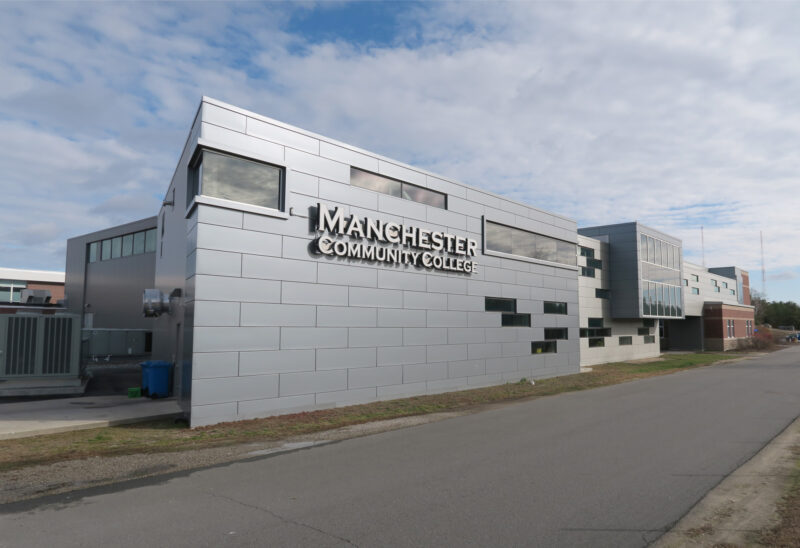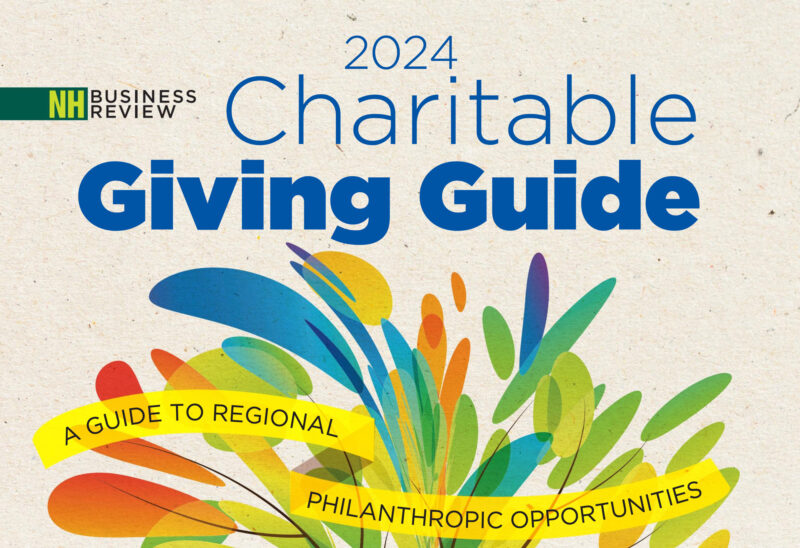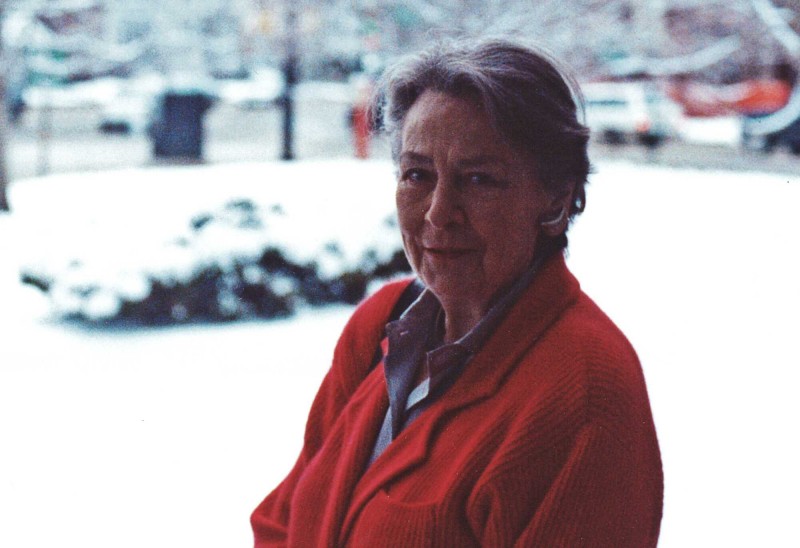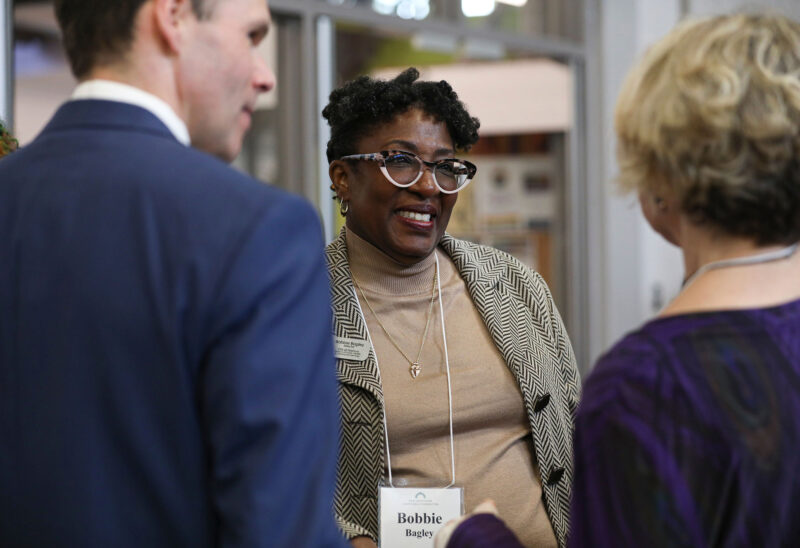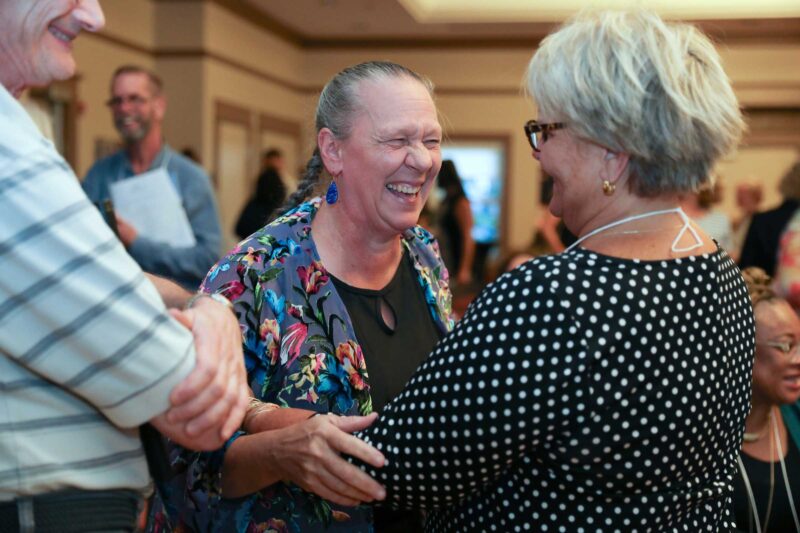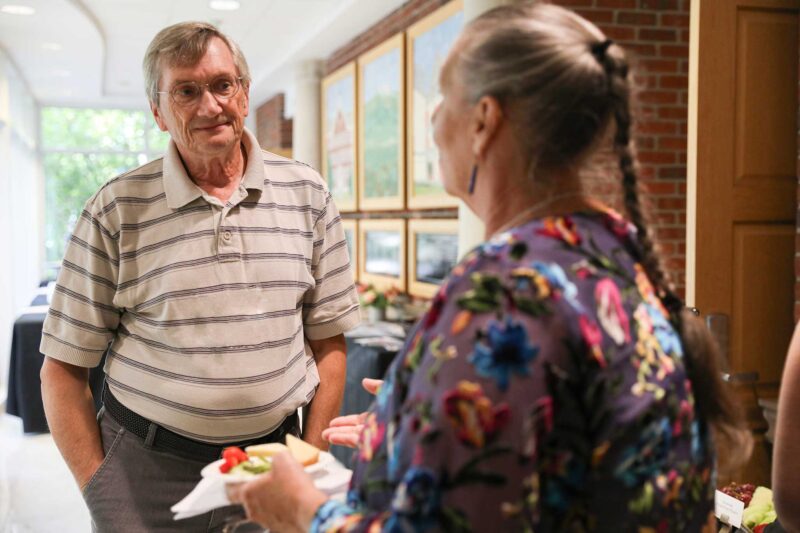Brandon Pierre was working for a Fortune 100 company outside Dallas. He had graduated from an honors program at Plymouth State riding 10 competing job offers; now he was earning big dollars, covering a vast sales territory — and questioning if any of it was what he wanted.
He called his Mayhew Program mentor, whom he had known since he was 10 years old.
Brandon had been an angry little kid when he was introduced to Mayhew. His dad was absent, his grades were poor. Mayhew gave him an instant community — and a “framework of operating” based on “respect, responsibility, community and challenge” that he would apply to everything he did.
Now, he made the decision to change tracks. As he did, a job opened up at Mayhew. Brandon leaped.
The Mayhew Program gives at-risk boys two summers of camp on an island in Newfound Lake, followed by weeklong trips for four summers
and two years of intensive mentoring focused on post-high-school plans. Year-round mentoring continues throughout.
More than 2,000 New Hampshire boys have gone through the program since its inception 50 years ago.
“A lot of these guys come from really difficult circumstances,” Brandon says of the boys he now mentors in his hometown of Manchester. Their young lives are often weighted with complex challenges: absent parents, dangerous neighborhoods, poverty, fallout from the opioid crisis.
To them, Brandon represents a whole different set of possibilities.
Mayhew doesn’t change people, Brandon says. It gives boys “an authentic, honest belief in themselves — which allows them to change their future.”

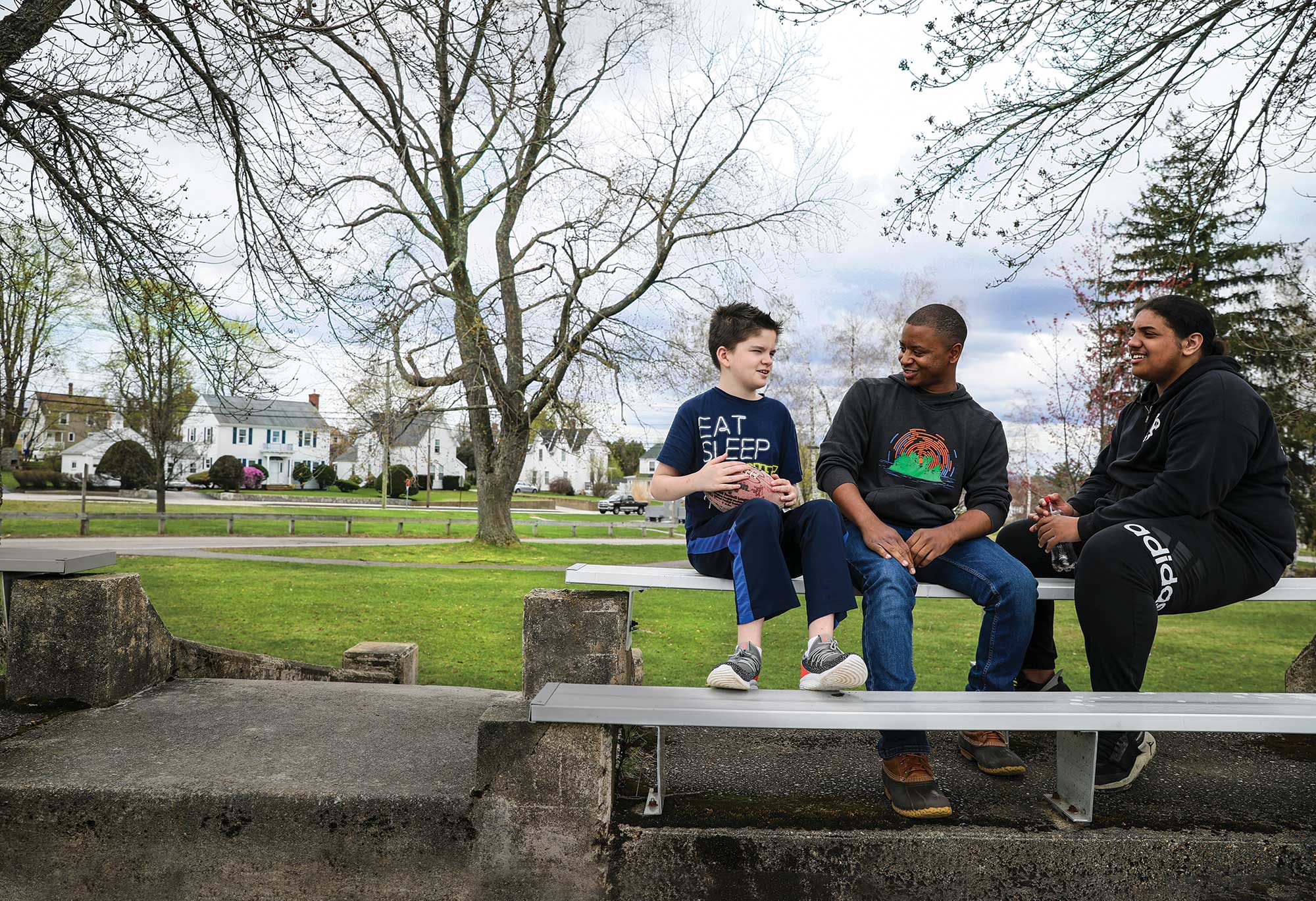








![Rev. Heidi Carrington Heath joined Seacoast Outright. [Photo by Cheryl Senter]](https://www.nhcf.org/wp-content/uploads/2024/05/Heidi-Carrington-Thumbnail-800x548.jpg)
![Dr. Jennie Hennigar treats a patient at the Tamworth Dental Center [Photo by Cheryl Senter]](https://www.nhcf.org/wp-content/uploads/2024/05/TCCAP-Hero-800x548.jpg)

